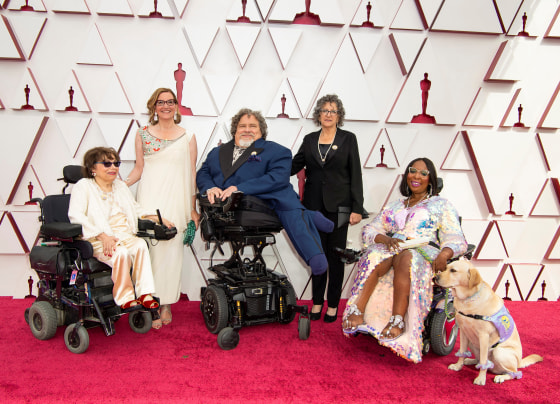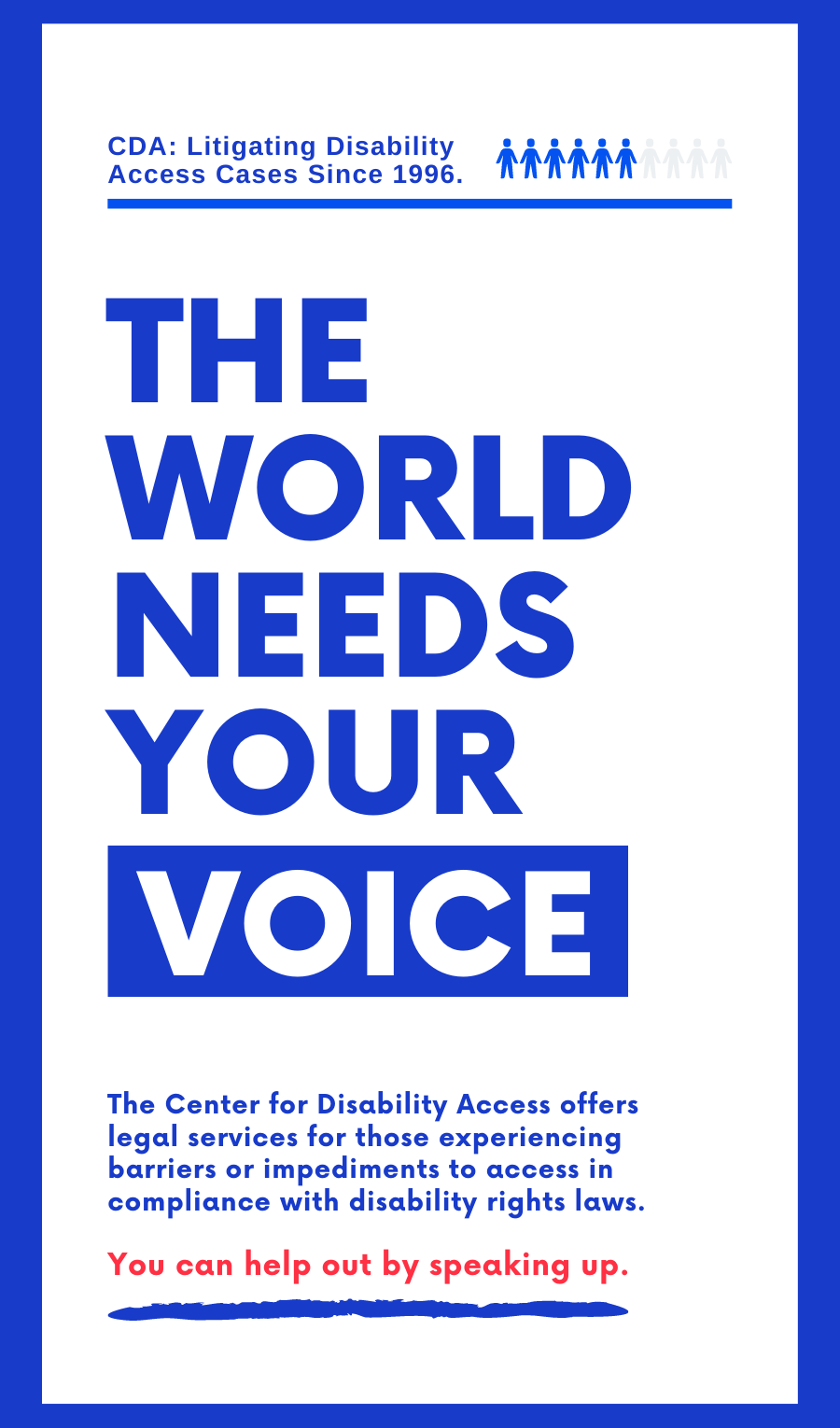
For the first time ever, there was ramp leading to the stage; for the first time, there was a presenter communicating to the audience in sign language in announcing major awards! These were ways Hollywood’s big night changed to be more inclusive and provide accessibility for their honored guests. The spotlight shone down on the stage, with ramp in place to provide access for some of the amazing people nominated for the night’s major prizes, one nominee was even accompanied by her service animal wearing a matching outfit! It was a banner night for visibility, inclusivity, and accessibility. The nominated films included the documentary “Crip Camp” and the feature film “Sound of Metal”, which took home two awards. Advocates are hopeful this year is a watershed moment for representation in a historically exclusionary space, the silver screen.
The films gave audiences a reference point for the lives, experiences, and struggles of the disabled community. Watching the joyous interaction of the campers in “Crip Camp” the world sees the hope and pride found in navigating a world built with you in mind. This documentary introduced the many to advocates like Judith Heumann; who, in a recent interview peppered her praise for the changes to the stage, with criticism that this was a first, pointing out the Academy was likely in violation of the law all this time. So often wheelchair users and others with mobility issues are left behind, and the documentary does not shy away from the fact that the fight against exclusion has been long and is still very much ongoing.
The success and acclaim for “Sound of Metal”, released by Amazon Prime, is a fantastic development in the streaming world, where just ten years ago the National Association of the Deaf had to sue Netflix for it’s failure to provide captions on streaming content. Advances in technology and increases in content have not always led to progress for the deaf and hearing impaired community- as outlined in the Netflix case. The drive for content in the digital world and fast pace of creation has often left vulnerable communities out. Even as recently as 2019, Marlee Matlin, a movie star who is deaf and an advocate (and presenter who signed at last week’s award show) confronted Delta Airlines on social media for not providing captions on their in-flight entertainment. Unfortunately, these are the lengths the deaf and hearing-impaired community must go to access and enjoy the same media as their peers. Highlighting how captioning of media and providing accessibility is sorely lacking in so much of the digital world.
More important than the representation on the red carpet and in theaters, is turning this representation into accessibility and inclusivity. In 2019, Ali Stroker was the first wheelchair user to be nominated for, and WIN, the Tony award for her work in the revival of “Oklahoma!” And during her speech, were precursors of what was heard from this year’s slate of nominees and participants; a disbelief that they would achieve this
goal, an acknowledgement that they are the exception, not the rule, and a call that the march toward an inclusive and accessible world must continue.
What the nominated films, their creators, stars, and supporters do helps to increase the visibility of the disabled community – and we need more. Visibility is only the start, what follows must be continued action to expand access and inclusivity. Enforcement of legislation, such as the Americans with Disabilities Act and California’s Unruh Civil Rights Act, is key to making the world a more inclusive and accessible place. It shouldn’t be another few decades before a legally required ramp makes it on stage at an awards show, or anywhere for that matter; and it shouldn’t be the responsibility of celebrity activist to call out big businesses such as airlines for their lack of access. But until accessibility is the standard, individuals fight every day to protect their rights and bringing accountability where access has been denied, benefiting the community as a whole.





